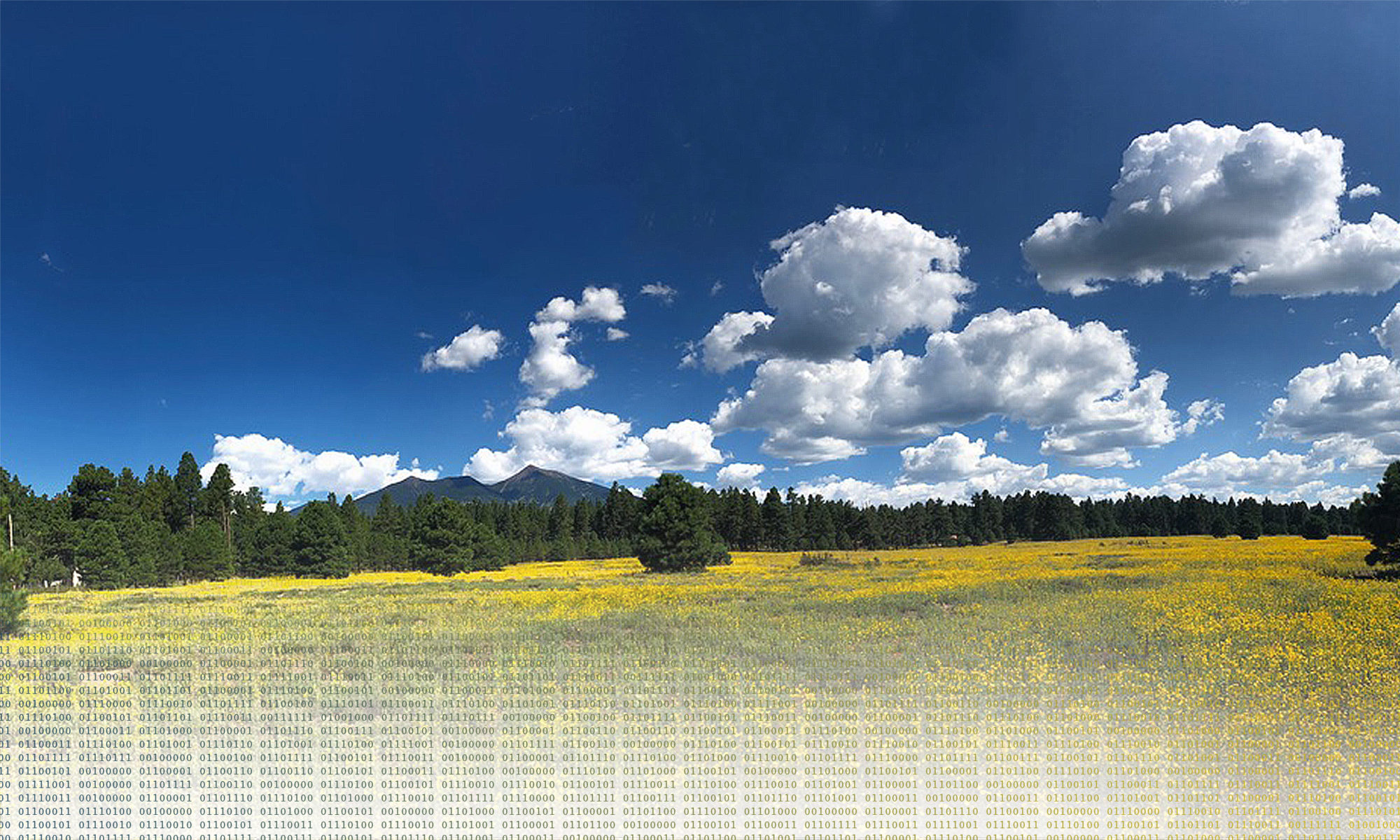Using social science to encourage inclusive conservation
Nia Morales
Assistant Professor
Wildlife Ecology and Conservation
University of Florida
Abstract
The incorporation of social sciences in conservation is still relatively new. However, the social sciences play an important role in describing and understanding human thought and behavior as a means to improve the management of natural resources. Human dimensions (or conservation social science) can also help to address diversity, equity, justice, and inclusion issues by allowing researchers to better understand the underlying systemic inequities that drive certain behaviors or actions and to encourage decisions that provide benefits for diverse communities. This talk will highlight areas of inquiry within the conservation social sciences that are contributing to a more inclusive discipline.
Bio and Research Interests
Dr. Nia Morales is an assistant professor of human dimensions of wildlife in the University of Florida's Wildlife Ecology and Conservation Department (WEC) where her teaching and research generally focus on the role of social science in the conservation of fish and wildlife as well as issues of diversity, equity, and inclusion in conservation. Dr. Morales received her Bachelor’s and PhD from the University of Florida in WEC and has a Masters of Environmental Education from Florida Atlantic University. Previous to her faculty role, Dr. Morales was head of the Center for Conservation Social Science Research within the Florida Fish and Wildlife Conservation Commission’s (FWC) Fish and Wildlife Research Institute, where she led a team of social scientists that provided support for the development and implementation of social science inquiry that helped FWC better understand the complex relationships between humans and the management of natural resources.

